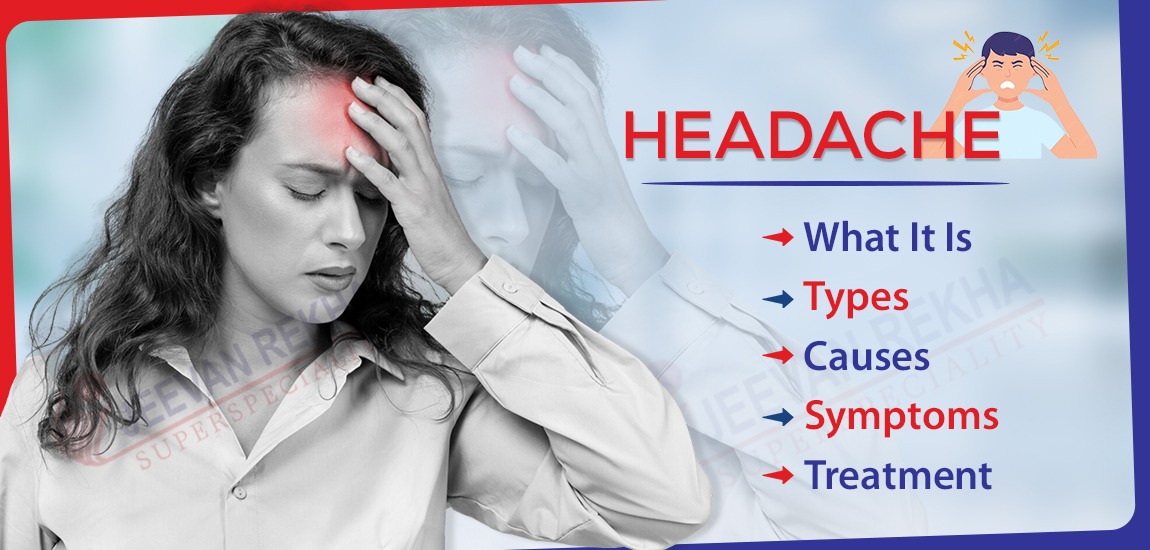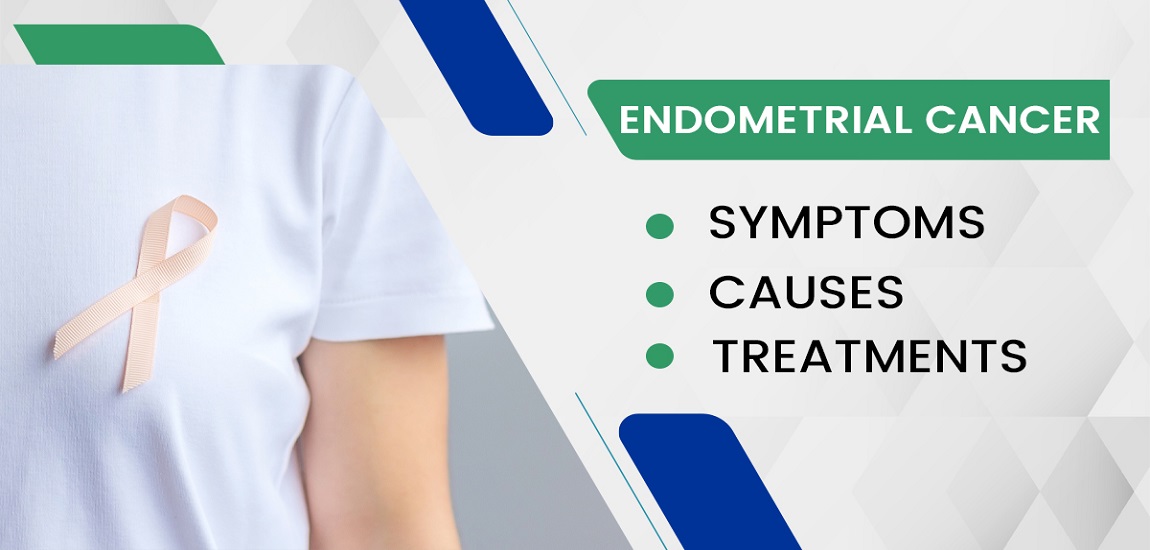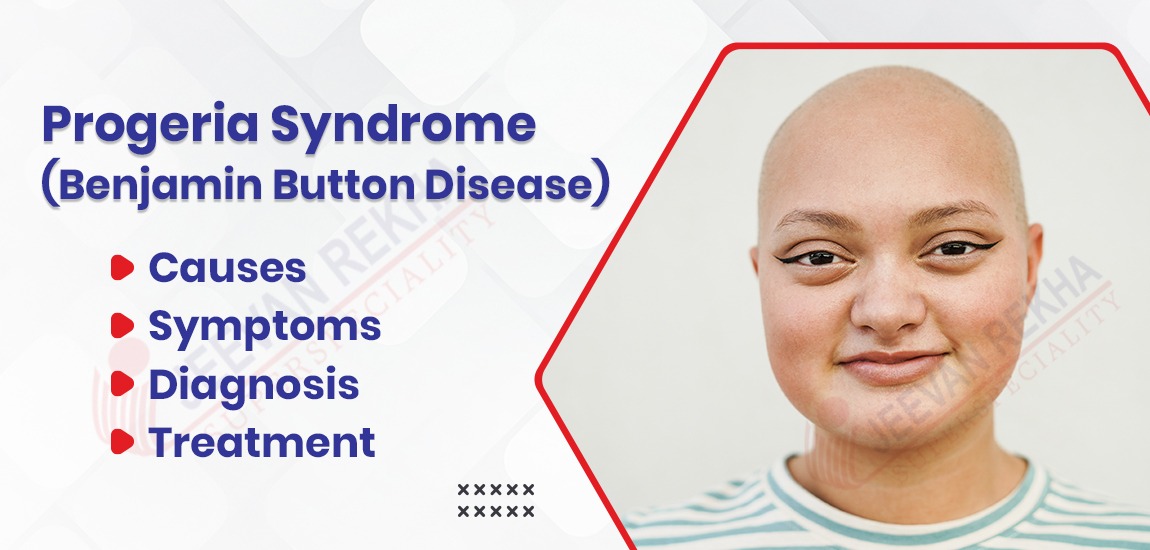
- By Admin
- In Health and Tips,
- Posted March 30, 2024
Headache: What It Is, Types, Causes, Symptoms & Treatment
Headaches are common health issues characterised by pain, discomfort, or both. There are several types of headaches, including tension headaches, migraines, and cluster headaches, each with distinct causes and symptoms.
Tension headaches often result from stress or muscle tension, while migraines may be triggered by various factors such as hormonal changes, certain foods, or environmental stimuli. A cluster headache is typically associated with severe, debilitating pain around one eye and occurs in cyclical patterns.
Symptoms of headaches can vary but commonly include throbbing or pulsating pain, sensitivity to light or sound, and nausea. Treatment options range from over-the-counter pain relievers and lifestyle adjustments to prescription medications and therapies tailored to specific headache types. Understanding the underlying cause is crucial for effective management and prevention strategies.
Types of headache
There are several types of headaches.
- Tension headaches: These are the most common type of headaches, characterized by a dull, aching pain on both sides of the head. They're often caused by stress, poor posture, or muscle tension.
- Migraines: A migraine headache is an intense, throbbing headache accompanied by nausea, vomiting, and sensitivity to light and sound. They can last for hours to days and may be triggered by hormonal changes, certain foods, or environmental factors.
- Cluster headaches: These headaches are the most painful headaches that occur in clusters. They typically cause severe pain around one eye, along with tearing, redness, and congestion on that side of the face.
- Sinus headaches: Sinus headaches result from inflammation or infection of the sinus cavities, causing pain and pressure in the forehead, cheeks, and nose. Other sinus symptoms like nasal discharge and congestion are often associated with them.
- Rebound headaches: Also known as medication-overuse headaches, rebound headaches occur when pain relievers are overused, leading to worsening headaches when the medication wears off.
- Hormone headaches: Hormonal fluctuations, such as those experienced during menstruation, pregnancy, or menopause, can trigger headaches in some individuals.
- Thunderclap headaches: These are sudden, severe headaches that reach maximum intensity within seconds to minutes. They can be a sign of serious conditions like a ruptured blood vessel or meningitis and require immediate medical attention.
Causes of headache:
The various causes of headaches are as follows:
- Stress and tension: Emotional stress, anxiety, or physical strain can lead to tension headaches, which often manifest as a dull, aching pain in the head or neck.
- Muscle tension: Tightness or stiffness in the muscles of the scalp, face, or neck can contribute to tension headaches.
- Dehydration: Not drinking enough fluids can lead to dehydration, which may trigger headaches or exacerbate existing ones.
- Poor posture: Sitting or standing in positions that strain the neck or back muscles can cause tension headaches over time.
- Sleep disturbances: Lack of sleep, irregular sleep patterns, or sleep disorders like insomnia or sleep apnea can contribute to headaches.
- Eye strain: Prolonged use of digital devices, reading in poor lighting, or uncorrected vision problems can strain the eyes and lead to headaches.
- Hormonal changes: Fluctuations in hormone levels, such as those occurring during menstruation, pregnancy, or menopause, can trigger headaches in some individuals.
- Certain foods and drinks: Consumption of certain foods or beverages, such as alcohol, caffeine, processed foods, or those containing additives like MSG (monosodium glutamate), can trigger headaches in susceptible individuals.
Also read: Stress: Signs, Symptoms, Management & Prevention
Symptoms of headache:
Symptoms of headaches can vary depending on the type and severity but commonly include:
- There is pain or discomfort in the head, scalp, or neck area.
- Throbbing, pulsating, or dull ache.
- Sensitivity to light, noise, or odours.
- Nausea or vomiting.
- Tension or pressure in the head.
- Blurred vision or visual disturbances.
- Fatigue or irritability.
- Difficulty concentrating or thinking clearly.
- Stiffness in the neck or shoulders.
- Dizziness or lightheadedness.
Diagnosis of headache:
The diagnosis of a headache typically involves a thorough medical history, physical examination, and, in some cases, additional tests. Healthcare professionals may ask about the frequency, duration, and severity of headaches, as well as any associated symptoms or triggers. They may also inquire about medical history, lifestyle factors, and recent changes or stressors.
During the physical examination, healthcare providers may assess vital signs, neurological function, and signs of underlying health conditions. They may also perform specific tests to evaluate vision, reflexes, muscle strength, and sensation.
Depending on the suspected cause of the headache, additional diagnostic tests may be ordered, including:
- Imaging tests: MRI or CT scans can be used to examine the brain and surrounding structures for abnormalities like tumours, bleeding, or structural problems.
- Blood tests: To assess for underlying medical conditions such as infections, inflammation, or hormonal imbalances.
- Lumbar puncture (spinal tap): In cases where meningitis or other neurological conditions are suspected, cerebrospinal fluid may be collected and analyzed.
- Neurological tests: Such as electroencephalogram (EEG) or nerve conduction studies, to assess electrical activity in the brain or nerve function.
Also read: Back Pain: Symptoms, Causes, Diagnosis
Treatments of headache:
The treatment of headaches depends on the type, severity, and underlying cause. Here are some common treatment approaches:
- Over-the-counter pain relievers: Non-prescription medications such as ibuprofen (Advil, Motrin), acetaminophen (Tylenol), or aspirin can often alleviate mild to moderate headaches.
- Prescription medications: For more severe or persistent headaches, healthcare providers may prescribe medications such as triptans (for migraines), muscle relaxants, or preventive medications to reduce the frequency or severity of headaches.
- Lifestyle modifications: Adopting healthy habits such as getting regular exercise, maintaining a balanced diet, staying hydrated, managing stress, and practising good sleep hygiene can help prevent or reduce headaches.
- Relaxation techniques: Techniques such as deep breathing exercises, meditation, yoga, or progressive muscle relaxation may help alleviate tension headaches and reduce stress.
- Biofeedback: Biofeedback therapy involves learning to control certain bodily functions such as muscle tension or heart rate to reduce headache frequency and severity.
- Physical therapy: Targeted exercises, manual therapy, or posture correction may help alleviate tension headaches caused by muscle tension or poor posture.
- Cognitive-behavioural therapy (CBT): CBT can help individuals identify and change negative thought patterns or behaviours that contribute to stress or headache triggers.
- Avoiding triggers: Identifying and avoiding specific triggers such as certain foods, environmental factors, or lifestyle habits that exacerbate headaches can help prevent future occurrences.
Conclusion
Jeevan Rekha Hospital stands as a beacon of excellence in neurological care, offering comprehensive services and compassionate treatment to patients in Jaipur and beyond.
As the premier neurology hospital in Jaipur, our dedicated team of specialists combines expertise with cutting-edge technology to deliver the highest standard of care for various neurological conditions, including headaches.
From accurate diagnosis to personalized treatment plans, we prioritize patient well-being and strive for optimal outcomes. Our commitment to excellence, coupled with a patient-centric approach, solidifies our reputation as the best neurology hospital in Jaipur. Trust Jeevan Rekha Hospital for exceptional neurological care that prioritizes your health and quality of life.
Tags
Blog Search
Latest Posts
-
Skin Ulcers Uncovered: Causes, Types, Symptoms, and Healing Options
January 13, 2026 -
Is Coconut Water Safe During Pregnancy? Benefits, Risks & Myths
January 08, 2026 -
Dark Circles Under The Eyes: Causes, Home Remedies and Treatments
December 21, 2025 -
बर्ड फ्लू के लक्षण, कारण, उपचार और बचाव के उपाय जानें
December 04, 2025 -
Best Diet Plan for Menopause Weight Management
November 25, 2025




